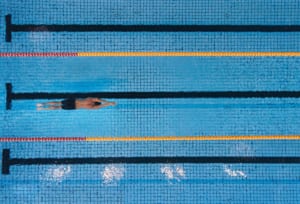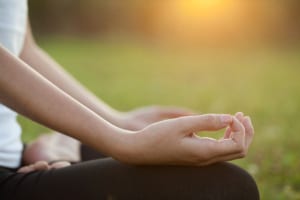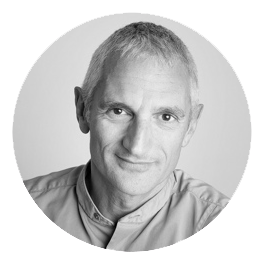
Hands up who really understands what Mindfulness is?
As an activity it’s become fashionable with its own gadgets, Apps, clothing and general paraphernalia! All of which I fundamentally disagree with, which is why I dislike the word ‘Mindful’.
Having said that, I have no problem with Mindfulness as a practice, provided that a) it’s not hijacked by commerciality and b) people understand what it is – and is not.
Mindfulness explained
It’s about:
- Being present – engaging with the here and now, paying attention to your thoughts, feelings, sensations, as well as to the world around you. Not letting your mind wander to your shopping list or what’s on TV tonight!
- Living with intent – deliberately moving through your life rather than being on auto-pilot.
- Accepting that life isn’t perfect, so working with what you have now, not what was or should have been.
Why should we bother?
Being Mindful can have huge benefits for both physical and mental wellbeing by:
- providing a break from distractions (especially electronic ones)
- reducing anxiety, stress and the (very real) possibility of burnout
- improving attention span
- boosting creativity
- enabling us to manage our emotions better
- helping to reshape our perspective, bringing us back to what’s important in life
Main barriers to being Mindful
We simply don’t have the time or space, thanks to our fast-paced, teched-up 24/7 lifestyles. When did you last sit down and reflect quietly or walk the dog without being attached to an electronic gadget?
I swim regularly, as many of my patients know. It enables me to ‘be in the moment’. I feel the water on my body, I pay attention to my breathing and I clear my mind. For me, riding my motorbike in the countryside or walking the dog is equally good.
Recently, I spent a week in Portugal on a woodworking course, learning how to make a chair from a mimosa tree using traditional woodworking tools. The scenery was spectacular and I enjoyed the sun and warmth on my body, the feel of the wood and the creative process of making the chair. The action of planing was soothing and therapeutic. There were no bleeps, rings or reminders to do things. I just lived in the moment, on my senses. And it was wonderful.
I’m not saying that everyone should go to Portugal. Or that you need special kit or gadgets. In fact, the opposite is true – anything can be done in a mindful way by anyone!
Tips for being Mindful
- Sit down quietly and become aware of your senses: notice what you can you see, smell, taste, touch and hear, to help keep yourself in the moment. If your mind wanders, just notice it and gently bring it back to your senses. Try this for just a few minutes at a time.
- Start each day with a few deep breaths and think about your top three priorities. Check back at different points during the day to see if you’re on track for achieving these.
- At the beginning of each task, take a minute to breathe, refocus and get into the moment, giving it your full attention. Many of us pride ourselves on our ability to multi-task but sometimes focusing on one activity and seeing it through to its conclusion is simply better.
- Set boundaries so that you switch off mentally at the end of each day, giving your brain time to recharge ready for tomorrow.
So, do think about giving it a go this summer, remembering the one golden rule of Mindfulness: anytime, anywhere – and anyone!




